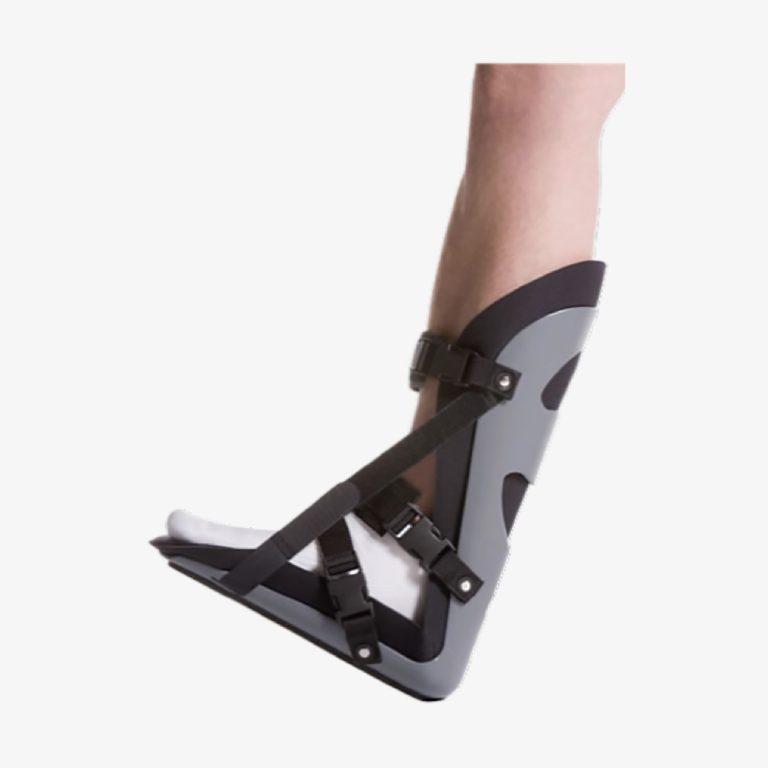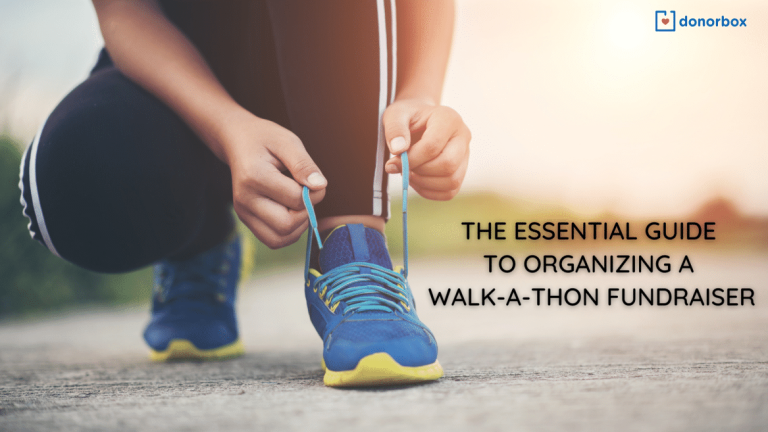Why Does Walking Make You Poop : Unraveling the Connection
Walking stimulates the movement of the intestines and helps to regulate bowel movements, often leading to the need to poop. Many people experience this phenomenon due to the rhythmic contraction of the abdominal muscles while walking.
The act of walking helps to stimulate the bowel and promote regular bowel movements, leading to the sensation of needing to poop. This natural process can be attributed to the way physical activity affects the digestive system, promoting healthy bowel function.
Understanding the relationship between walking and bowel movements can help individuals maintain digestive health and regularity. Additionally, incorporating regular walking into a daily routine can contribute to overall well-being and promote a healthy digestive system.
The Science Behind It
Walking stimulates the muscles in your abdomen, which helps to improve digestion. This movement helps to move stool through the intestines, leading to the urge to poop.
Walking is a simple yet effective form of exercise that can have surprising effects on your digestive system. There are several scientific reasons why walking can make you poop. Understanding the science behind it can help you appreciate the benefits of walking for your overall well-being.The Role Of The Gastrocolic Reflex
One of the main reasons why walking can make you poop is due to the gastrocolic reflex. This reflex is a normal physiological response that occurs in your body when food enters your stomach. When you start walking, the movement of your legs stimulates the muscles in your abdomen, including those responsible for the peristaltic movement of your intestines. This movement helps to increase the speed at which food moves through your digestive system, leading to a more efficient and timely elimination of waste. Increased Blood Flow to the Digestive Tract Another factor contributing to why walking can make you poop is the increased blood flow to your digestive tract during physical activity. When you walk, your heart rate increases, and blood is redirected to your working muscles. This increased blood flow also reaches the organs in your digestive system, promoting their optimal function. The improved blood circulation helps to enhance the overall digestion process, including the movement of stool through your intestines. So, the next time you feel the urge to go while walking, you can attribute it to this enhanced blood flow. In summary, the science behind why walking makes you poop involves the gastrocolic reflex and increased blood flow to your digestive tract. Both of these factors help to stimulate the movement of waste through your intestines, leading to more regular and efficient bowel movements. So, next time you feel the need to take a walk, embrace it as a natural way to stimulate your digestive system and enjoy the wholesome benefits it brings. Happy walking!
Credit: www.amazon.com
Physical Activity And Digestion
Physical activity has a direct impact on our digestive system, and walking, in particular, plays a crucial role in regulating bowel movements. Understanding the connection between physical activity and digestion can shed light on why walking makes you poop.
Impact Of Walking On Digestive System
Walking stimulates the contraction of theintestinal muscles, which helps to move food through the digestive tract more efficiently. This movement aids in preventing constipation by promoting regular bowel movements. When you walk, the bouncing motion gently massages the colon, encouraging stool to move along.
Benefits Of Regular Exercise On Bowel Movement
Regular exercise, such as walking, helps to regulate digestion by speeding up the passage of food through the digestive system. This process assists in reducing the symptoms of indigestion, gas, and bloating, and it can also help to prevent constipation. Additionally, exercise stimulates the release of endorphins, which can have a positive effect on gut functioning.
Psychological Factors
Understanding the impact of psychological factors on digestion is crucial in unraveling the connection between walking and bowel movements.
How Stress And Anxiety Affect Digestion
High stress levels can lead to digestive issues like diarrhea by disrupting the regular bowel movement pattern.
The Mind-gut Connection
The brain and gut communicate through a complex system, influencing digestion and bowel movements.

Credit: psychcentral.com
Tips For A Healthy Digestive System
Walking stimulates the digestive system by increasing blood flow and muscle contractions, helping move food through the intestines. It can alleviate constipation and improve overall bowel health. Adding walking to your daily routine can aid in maintaining a healthy digestive system.
Having a healthy digestive system is crucial for our overall well-being. It not only ensures that we efficiently absorb nutrients from the food we eat but also helps in the smooth elimination of waste from our bodies. While regular physical exercise like walking has several known benefits, it can also play a significant role in promoting digestion and aiding bowel movements. Here are some tips to maintain a healthy digestive system:
Hydration And Fiber Intake
Staying hydrated is key to maintaining a healthy digestive system. Drinking enough water throughout the day helps soften stool and prevent constipation. Aim to drink at least 8-10 glasses of water daily. Adding high-fiber foods to your diet can also enhance digestion. Fiber acts as a natural aid in keeping your bowel movements regular, preventing both constipation and diarrhea. Good sources of fiber include fruits, vegetables, whole grains, and legumes. It’s recommended to consume around 25-30 grams of fiber per day for optimal digestive health.
Maintaining A Balanced Diet
A healthy, balanced diet is essential for a properly functioning digestive system. Including a variety of food groups in your meals ensures that you receive all the necessary nutrients. Introduce probiotic-rich foods, such as yogurt and fermented vegetables, into your diet as they promote the growth of beneficial gut bacteria, aiding digestion. Limiting the intake of processed and sugary foods helps prevent gastrointestinal issues like bloating and indigestion. Additionally, avoid large meals, and instead, opt for smaller, frequent meals throughout the day to support better digestion.
By following these simple tips, you can maintain a healthy digestive system. Remember to stay hydrated, consume a fiber-rich diet, and maintain a balanced eating pattern. These small adjustments can lead to significant improvements in your digestive health and overall well-being.

Credit: www.linkedin.com
Frequently Asked Questions On Why Does Walking Make You Poop
Does Walking Increase Bowel Movements?
Walking can help increase bowel movements by stimulating the digestive system. It promotes bowel regularity.
Why Am I Pooping So Much After Walking?
Walking can stimulate bowel movements due to increased abdominal contractions and blood flow. This can lead to more frequent trips to the bathroom. It’s a normal physiological response known as the gastrocolic reflex. Staying hydrated and maintaining a balanced diet can help regulate bowel movements during exercise.
Why Do I Get Loose Bowels When I Walk?
Loose bowels when walking may be caused by increased movement in the digestive tract. This can result from the physical activity stimulating the bowels. It’s advisable to consult a healthcare professional to rule out any underlying medical conditions and consider dietary adjustments for symptom management.
Is Walking A Natural Laxative?
Walking can help stimulate bowel movements due to the increase in physical activity, but it may not be a natural laxative for everyone. Regular exercise, including walking, can improve digestion and relieve constipation in some cases. However, if you experience chronic or severe constipation, it’s best to consult a healthcare professional for personalized advice.
Conclusion
Walking stimulates your digestive system, promoting bowel movements. This natural process helps to regulate your digestive system, improve bowel function, and promote overall gut health. So, next time you feel the urge to get moving after a meal, remember that a simple walk can help keep your digestive system in check.







